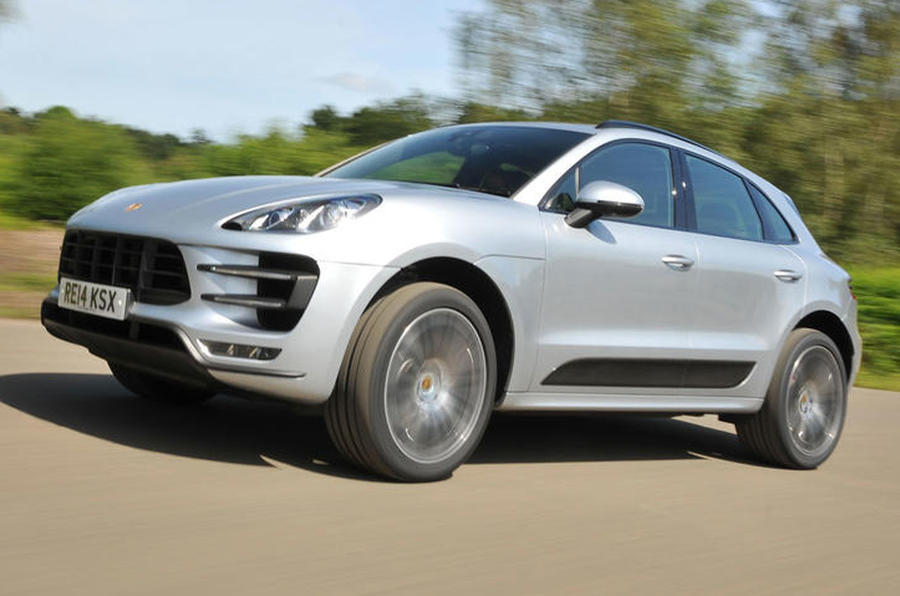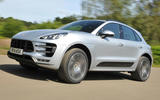Porsche has officially ended production of all current diesel vehicles in the face of changing consumer demand and upcoming stricter emissions tests.
In a move that a Porsche spokesman said mirrors the “cultural shift” of the brand's customers, the German manufacturer has discontinued its only two current diesel models, the Porsche Macan S Diesel and Porsche Panamera 4S Diesel (pictured below), just nine years after its first oil-burner hit the market.
Opinion: why Porsche's diesel hiatus was well-timed
The original Cayenne was the first Porsche to offer diesel power back in 2009. Porsche was originally reported to be launching the new Cayenne with only petrol and petrol-electric hybrid powertrains, but has now announced that a diesel variant is on the way.
In an official statement, Porsche said that the Macan S Diesel, the only such version of the brand’s Range Rover Velar rival, has been “taken out of the production programme” as buyer demand moves towards petrol and hybrid versions.
The brand revealed that the diesel’s removal was also linked to “another software update” that has been subject to an “ongoing consultation with the authorities”. While not directly confirming it, this suggests that like with BMW and its F80 M3, Porsche has decided against re-engineering the Macan S Diesel to conform to the new Worldwide Harmonised Light Vehicles Test Procedure (WLTP) standards.

Such a move highlights the shrinking demand for the model, which a Porsche UK spokesman said represented a small portion of the SUV’s 97,000 global sales from 2017. The Macan is also due to be facelifted in April.








Join the debate
Add your comment
I wonder how long before
Bentley drop diesels, if Porsche cant make a case for it, how can Bentley?
The problem is that direct
The problem is that direct injection gasoline are not so good. They produce CO² and particles.
The best would be Natural Gas (before hydrogen) in terms of CO² emission and mainly polluting compounds and particles.
Lots of diesel bashing
There seems ot be lots of diesel bashing going on as usual from the usual suspects. I think it is a shame that Porsche have got rid of diesels at least for now. The new V8 diesel in the Panemera is a great engine. Large cars are often used as motorway cruisers. Even rich people don't want to be doing 25mpg in a petrol and filling up every 300 miles or so if you can get a diesel which will provide better relaxed performance, do 40mpg and go 500 to 600 miles on a tank. I suspect the used diesels will get more sought after.
Hybrids are generally a waste of time, all they are good for is saving on tax.
Until eleetric cars are truely viable and we have lots of green electricity, diesel is the next best option. The exhaust emissiosn for new diesels is very similar to new petrols. Trouble is petrol engines burn roughly a 3rd more fuel.
Smog
The level of ignorant generalisation here is about as breathtaking as sucking on a Macan diesel's tailpipe.